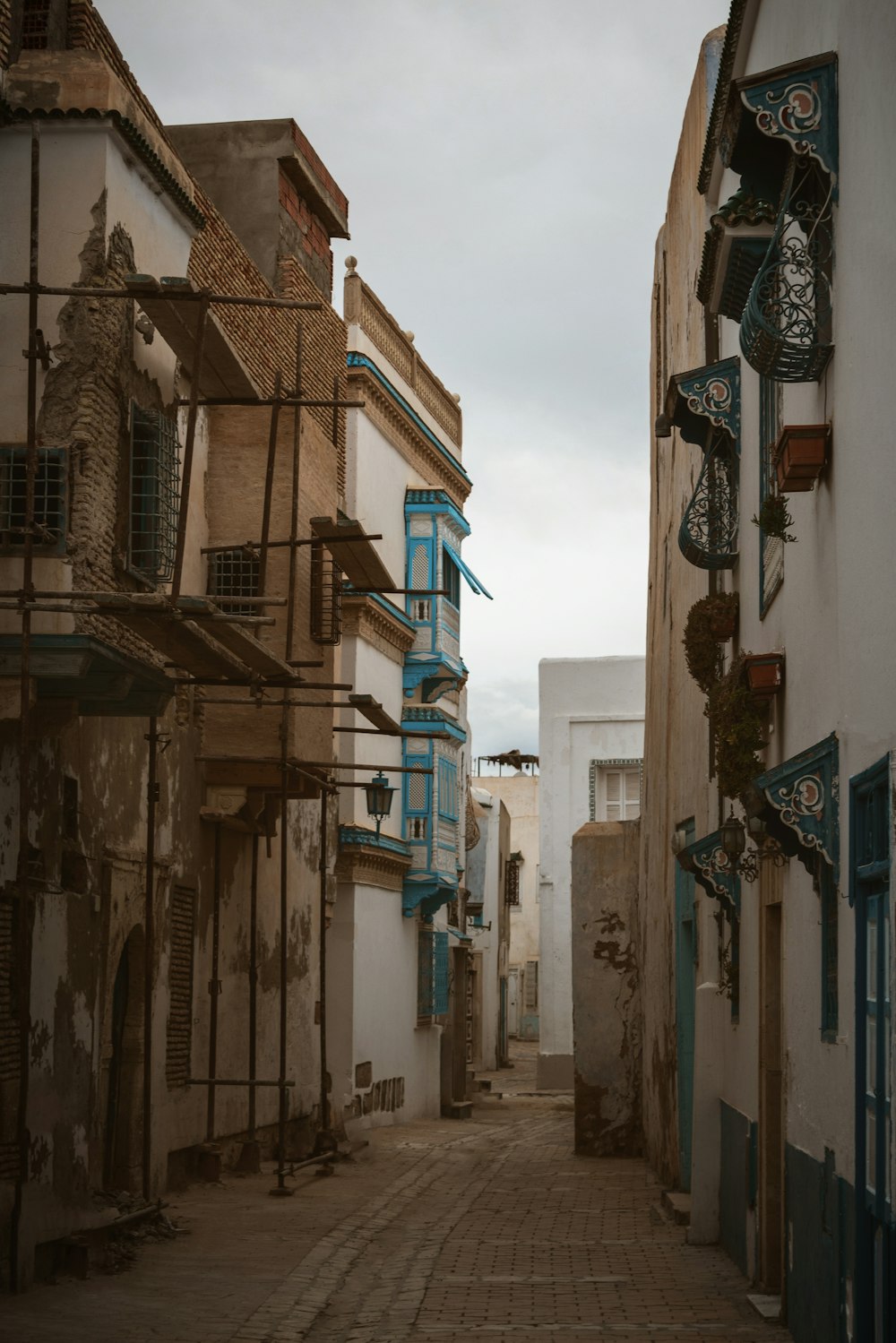Four Jinn Tales to Accompany Our FOLK Issue
We asked, on Twitter, for readers to share stories about their local jinn to pair with our FOLK issue, released earlier this month:
Sagar, Madhya Pradesh, India:

My grandfather Hakeem Maulvi Chiragh Din was a herbal medicine practitioner, trained in Unani (Greek) medicine. He kept sacks of herbs and spices in the house for his practice. My mother reports that some jinn used to pester him by trickling long lines of cardamom and clove in the house. It got so bad that he one night prayed especially hard—”as if I fought with Allah”—to be freed from the troublesome jinn. This ended the problem.
Shabana Mir
Amran, Yemen

Umm al-Subyan is one of the most important mythical creatures in Yemen’s folk heritage. Her name differs from region to region, but she always possesses the same traits and features: She is a female jinn with one leg that of a donkey and the other that of a goat. Of her breasts, one is very long and she flings it over her back while the other is normal. Stories and tales tell of her appearing in the mountains and in abandoned places, and only ever to men whom she then compels to suckle on one of her breasts. If the man chooses her normal breast, Um al-Subyan will treat him as though she were his mother. If he, however, feeds on her other breast, he becomes her lover.
There is no clear explanation as to why Umm al-Subyan is called by that name, but it can be assumed that she got this name because she only appears to men and “al-subyan” in the Yemeni dialect means “male children”. The folk tales say that Umm al-Subyan can take on any shape she wants—she has appeared in the form of the mother, the wife, or a relative of the person she wanted to approach, and even in the form of an animal. She is afraid of fire and of blank bottoms: In the stories, people get rid of Umm al-Subyan by baring their behinds to her so she gets embarrassed and leaves them alone.
If Umm al-Subyan bonds with her victim, she accompanies him at all times and helps in all personal and material aspects of his live, but she also punishes him in many different ways when he doesn’t heed her words.
Sadiq
Sfax, Tunisia

Her name is عزوزة القيلة (‘Azouzat al-Qayla) and growing up, I pictured her roaming the residential neighborhoods of Sfax, with a cane in her hand, a crooked back, and ferocious appetite. If her Sefsari does not cover her whole face except for her eye, she has big noses with mucus running down her nose pimples on her face. She comes out between the Dhuhr and Asr prayer, looking for children that do not take naps, that left the house while adults are sleeping. She is a cautionary tale for children that are restless after lunch, unlike adults that are drowsy from a heavy meal consisting of couscous and grilled fish. If ‘Azouzat al-Qayla catches you, she will take the things you like and never return them. But the version of her my grandma liked to describe was that she would eat me if she caught me. Some other people say she will kidnap you and take you somewhere with other jinn and ghouls. She’s a child’s worst nightmare, and their best incentive to stay well behaved.
Yesmine Abida
Bahrain

The Maghwi is a jinn of the night. It mimics the voices of one’s friends and companions. The Maghwi spies fishermen at their trade before dawn. He mimics a companion’s voice and lures them into the darkness, then drowns them. The Maghwi was also known to lure nakhlawis, keepers of date palms, away from their companions—and the terrible sight of this jinn would stop their hearts. Even the home is not safe—for at night, hearing a loved one’s voice, a villager may be lured outdoors, far from the fires and lights of the village, into the Maghwi’s trap. No dark night was safe of the Maghwi’s enticement until electric lights lit up the sky and pushed the Maghwi far from human habitation and further into the wild.
Ali Al-Jamri

December 23, 2021 @ 8:36 pm
These little jinn stories are so delightful. Thank you for bringing them to us Marcia and Arablit Quarterly crew.
December 23, 2021 @ 11:32 pm
My jinn contribution is a translation of Samir Naqqash’s short story, “Tantal.” A tantal in Iraqi folklore is a playful jinni who could appear in different forms and shapes to pull practical jokes on people. The story is available at this link: http://www.banipal.co.uk/selections/33/65/samir-naqqash/